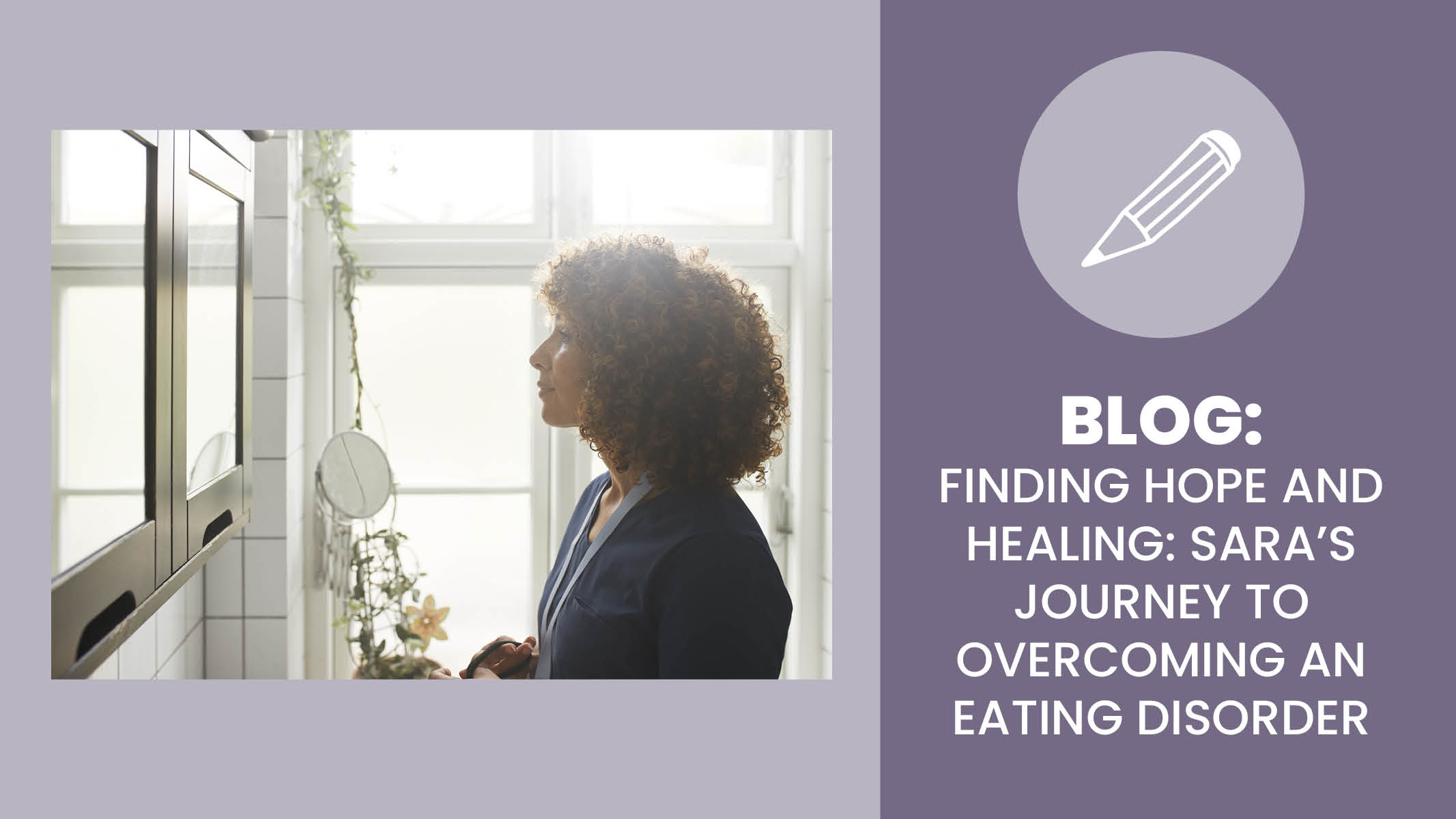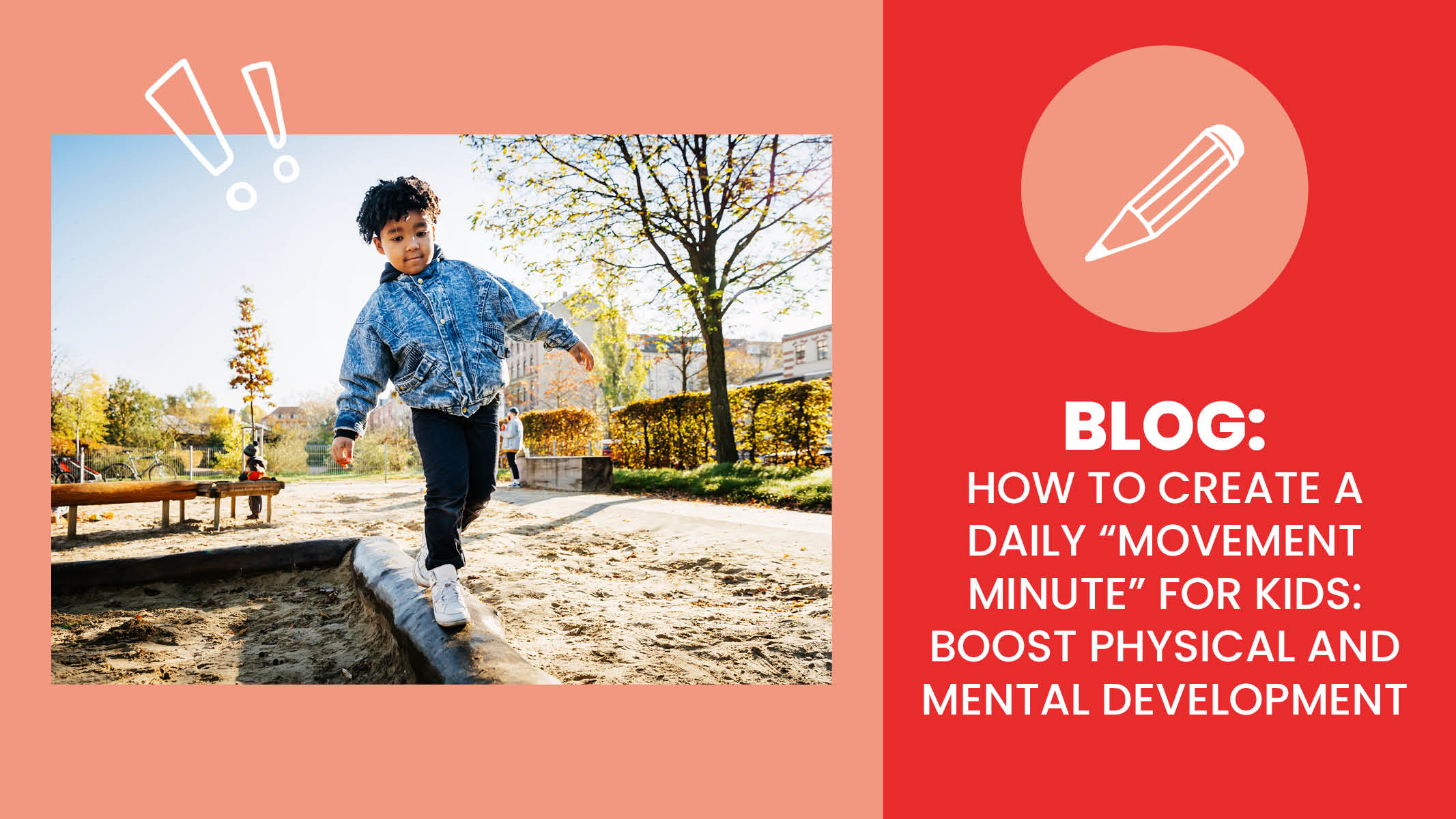Eating disorders are often misunderstood and are frequently confused with disordered eating behaviors. While disordered eating involves unhealthy eating habits such as restrictive dieting, excessive exercise, or emotional eating, an eating disorder is a clinical diagnosis that can have severe physical and psychological consequences. The transition from disordered eating to an eating disorder is often subtle and can be difficult to recognize. When left unaddressed, these behaviors can become deeply ingrained, leading to a potentially life-threatening condition. Early intervention is crucial to prevent the progression of these issues, and timely treatment can make all the difference.
This article shares the journey of Sara Bond, Lead Community Relations Specialist at Sanford Health, who struggled with an eating disorder during her college years. Her story illustrates how behaviors that may seem like "healthy" choices – such as dieting and focusing on fitness – can spiral into disordered eating and a life-threatening eating disorder. Sara's experience highlights the importance of addressing these behaviors early, before they become harmful. Through self-awareness, seeking help, and strong support systems, Sara’s recovery proves that overcoming an eating disorder is possible, offering hope to others facing similar struggles.
Can you tell us a little bit about your background and your journey with an eating disorder and any body image issues it led to? How did it affect your daily life?
It all began during a big life transition between high school and attending college at Minot State University. It was exciting yet overwhelming, full of many changes and big decisions to make. My grandma, who was my biggest cheerleader, wanted the best for me but was adamant that I pursue a degree in law, and I was very uncertain about my career path and future. Dance was also my greatest passion and part of my identity, and I felt a sense of loss as that chapter closed. I have always been a perfectionist, a high-achiever and a people-pleaser, and strived to make others happy to avoid conflict. When I started college, the uncertainty of my future along with the pressures of balancing school, participating in various campus organizations and events, working, and squeezing in time to spend with friends became overwhelming. The lack of control that I felt led me down a dangerous path of anorexia and compulsive exercise, as I turned to food and exercise as something I could control.
For the next two years, the eating disorder took over my life. I cared deeply about my academics and being engaged at campus, but aside from that, my valuable time was spent obsessing over calories consumed and when I could workout. It truly robbed me of my life. The scariest part was other people expressing concerns about my weight and wellbeing, but I thought I looked fine; I did not see what others saw when I looked in the mirror. My family and friends were concerned, but there were no resources or specialists for eating disorders in Minot.
One day, I was called to a meeting with university faculty who expressed their concern as they had been receiving emails from teachers and other students concerned about my wellbeing. They tried to encourage me to seek help, but at this point of my journey, I was outraged. There were many days that I did not know if I would make it, and deep down I wanted my life back. Unfortunately, there was part of me that was grasping onto the comfort that the eating disorder gave me – a false sense of control. I had convinced myself that I was “healthy,” and I would recover on my own terms.
What were some of the first signs or moments when you began to struggle with an eating disorder?
Eating disorders are complex mental illnesses that can affect anyone, and I know there is not a single cause of an eating disorder. For me, one of the triggers that started it was during my high school graduation party. I was enjoying some ice cream when my boyfriend at that time made a comment that it wouldn’t hurt if I lost a few pounds. Prior to college, I never struggled with disordered eating in my past. Being a dancer my entire life and looking back now, however, I realize that it was instilled in me to be conscientious of my weight. That summer before starting college, I began to restrict food and became obsessive about not missing a workout. What I believed to be “healthy behaviors” to start with, led me down what I didn’t know would be a dangerous path that would ultimately risk my life.
How did your relationship with food and your body evolve over time?
Upon starting a new chapter in college, I was feeling more anxious and uncertain about my future. Eating “clean,” watching calorie intake, and excessive exercising made me feel empowered. In the diet culture that we live in, weight loss is praised and positively reinforced, so it can be easy to lose sight of when dieting becomes dangerous and turns into a full-blown eating disorder. Ultimately, this led to anorexia and it took control of me, taking a physical and mental toll on my body. It was an awakening that if I continued this path, I would not survive. Upon receiving treatment, I was able to receive the support I needed to restore my weight, learn coping mechanisms, and gain a healthy relationship with food, body image and exercise.
What were some of the challenges you faced during your lowest points, and how did you cope?
The eating disorder had an adverse effect on my mental health as people were very judgmental and made cruel comments. Not only was I affected by this disease, but my mom was accused of not helping me, which broke my heart and filled me with guilt. It felt isolating, and I experienced overwhelming anxiety and depression at times.
There were numerous occasions that I was in the emergency room at the local Minot hospital due to complications, but I was told comments such as “you just need to gain weight” and “go eat a hamburger.” I experienced lightheadedness, low blood pressure, dehydration, weakness, irregular heartbeat, digestive issues, anemia, loss of menstrual cycle, bone density loss and hair loss.
My big wakeup call came one February afternoon when I was at the Student Union at MSU. I felt lightheaded and a sudden pain in my chest and fainted. My friend called 911 and I was taken to the Minot hospital by ambulance. They were going to discharge me, but my mom refused to take me home as she feared I would not survive. Thankfully, a social worker was able to get me into treatment at Sanford Health Eating Disorders Unit in Fargo.
When I arrived in Fargo, I was told that I wouldn’t have survived if I hadn’t sought treatment. I will never forget that moment, and it was at that time that I realized how serious an eating disorder could be. Although I was nervous about treatment, I was thankful to be taking the first step towards my recovery – I had hope and was so grateful for a second chance at life.
What got me through these challenging times was the support of my mom, my biggest advocate and best friend, who always stood by my side and wanted nothing more than to see me healthy again. It was also through leaning on my faith that got me through the darkest times. I never gave up because I knew my story wasn’t supposed to end here.
Were there any specific moments or people that helped you start your recovery journey?
A student at Minot State University approached me in the library and said, “I know what you are going through, as I have been there myself.” She wasn’t judgmental in her approach, but I could tell she genuinely wanted to help by sharing her story of recovery, which filled me with hope.
The biggest factor in my recovery was receiving high quality treatment at Sanford Health’s Eating Disorder Unit; it was the greatest blessing and undoubtedly saved my life. I spent several months in treatment where I received care from a wonderful team of physicians, psychiatrists, nurses, therapists, and dieticians to restore my physical and mental health. I began in inpatient treatment which consisted of close medical monitoring to help restore my weight, which required a feeding tube to provide supplementary nutritional support. I benefitted from both individual and group therapy sessions; it gave me strength to be on this journey with other patients as we encouraged each other. Following inpatient treatment, I moved to partial hospital care prior to returning home to Minot.
What were some of the most difficult misconceptions or judgments you encountered about the eating disorder?
Many people think that eating disorders are a choice, a plea for attention or an addiction to food, but they are complex problems. Eating disorders are dangerous and potentially fatal mental health conditions that should be treated by medical professionals. There needs to be more education on awareness, prevention, and resources for eating disorders. I also feel ongoing peer support groups for survivors would be beneficial.
How would you describe your relationship with food and your body now?
At this stage in my recovery, I feel comfortable and stable in my health. We must eat to function and not just to survive, but to thrive! I am proud to say that I enjoy food again, and all the wonderful memories associated with it from holiday gatherings, birthdays, and special dinners. My relationship with my body is no longer focused on a number on the scale – I celebrate my health and body and appreciate it for all that it allows me to do!
What support or resources did you find most helpful along the way?
The National Eating Disorders Association website has some wonderful resources for recovery. When I encountered setbacks or struggles, I confided to my mom and close friends who helped me navigate through difficult situations and helped me avoid destructive behaviors and my old way of thinking. Continuing with therapy was also essential for recovery.
What role has self-compassion played in your recovery?
Self-compassion is something that I still struggle with at times. Growing up, there were high expectations to excel in all areas of my life, and not meeting these expectations was met with extreme disappointment. When self-criticism sneaks in, I try to focus on treating myself with the same kindness and understanding that I would offer a friend. I recognize that everyone makes mistakes and faces challenges, and it’s important to respond to our own struggles with empathy instead of criticism.
Looking back, what do you wish you had known or understood about eating disorders when you were going through it?
I wish there would have been more awareness so I would have caught the warning signs, as it all started with good intentions of trying to be “healthy.” It quickly snuck up on me, and I didn’t realize that it could become so severe that it would ultimately threaten my life.
What would you tell someone who is struggling with body image or disordered eating?
If you are struggling, I want you to know that it does not have to be the end, and you don’t have to face this alone. There is hope in recovery, and there’s a bright future ahead of you filled with peace and freedom once you claim your life back. You are worth so much more than a number on the scale and the size of your jeans. It’s not worth sacrificing your life, happiness, and health.
How do you practice self-care and maintain your mental well-being now?
It’s so important to take care of yourself, which is easier said than done! For me, self-care includes getting adequate sleep, enjoying a walk outdoors, connecting with a loved one, reading my devotional, writing in my gratitude journal, and enjoying a group exercise class (dance fitness and yoga are my favorites!). Staying strong in my faith is so important to me. We all encounter challenges, but I remind myself that God is in control and will help me through each day. Looking back, there was a bigger plan and a brighter future ahead for me. After this experience, I know my life is a miracle and I’m so grateful to be here today.
What role do you think awareness and conversation about eating disorders play in helping others who are suffering in silence?
There should be open conversations to try to alleviate the stigma around eating disorders. You don’t choose to have an eating disorder. For myself, having the chance to open up to someone who provided me with a safe non-judgmental space helped me develop trust and eventually get the help that I needed. You don’t have to and shouldn’t try to fight this alone. It can be very isolating and lonely when you don’t have anyone to talk to, which can cause further complications as people don’t get the help they need and can suffer in silence for years. I believe it would be beneficial to have a support group for those who are suffering.
Disclaimer: If you or someone you know is struggling with an eating disorder or disordered eating, it's important to seek professional help. Reach out to a healthcare provider at Sanford Health, a local provider or a licensed therapist for guidance and support. Recovery is possible with the right care and resources.
Additional Resources:
Disordered Eating vs. Eating Disorders in Teens and How You Can Help
Breaking Down Disordered Eating: Activities for Teens
Cheat Sheet for Parents and Caregivers: Breaking Down Disordered Eating in Teens


